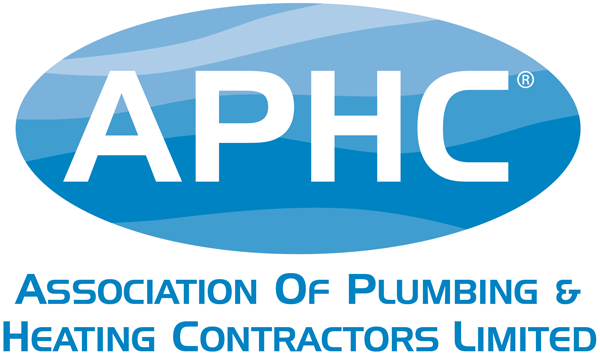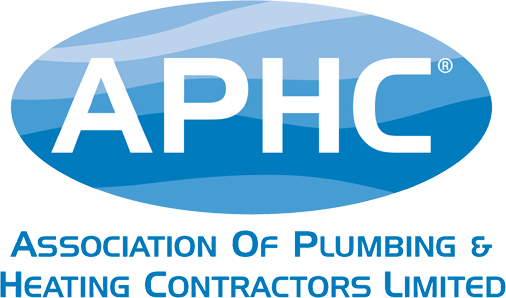Chancellor Rishi Sunak has officially set out his financial budget for the next year. So how does this affect you?
We’ve picked out what we think is most relevant to the plumbing and heating industry:
- Furlough scheme extension
As the pandemic has upended many people’s working lives, the furlough scheme will be extended until the end of September 2021.
The Coronavirus Job Retention Scheme, or furlough scheme, applies across the UK. It covers up to 80% of an employee’s salary for the hours they can’t work, up to a maximum of £2,500 per month until the end of June 2021.
As COVID restrictions start to lift, employers will have to help cover part of the cost of their furloughed workers’ salaries. For periods in July, CJRS grants will cover 70% of employees’ usual wages for the hours not worked, up to a cap of £2,187.50. In August and September, this will then reduce to 60% of employees’ usual wages up to a cap of £1,875.
Employers will need to continue to pay their furloughed employees at least 80% of their usual wages for the hours they do not work during this time, up to a cap of £2,500 per month. This means, for periods between July and September, employers will need to fund the difference between this and the CJRS grants themselves.
Employers must continue to pay the associated Employer National Insurance contributions and pension contributions on subsidised furlough pay from their own funds.
The good news is that there will be a fourth and fifth round of the Self-Employed Income Support Scheme (SEISS). Fourth round claims will open in late April and will be worth up to 80% of average monthly trading profits for a period of three months, with an overall cap of £7,500.
The fifth round of grants will cover the period from May to September. Applications for this fifth grant are expected to open in late July, and the amount will depend upon how much your turnover has decreased in the year from April 2020 to April 2021.
At APHC, we think it’s particularly disappointing to see that the government has failed to recognise the necessary support via dividends for small business directors as a result of the pandemic.
- Corporation tax
The rate of Corporation Tax paid on company profits will increase to 25% – but with some crucial protections:
- the new rate won’t be introduced until April 2023
- small businesses with profits of £50,000 or less will continue to pay the current 19% rate
- the rate will then be tapered up, depending on business profits – only businesses with profits of more than £250,000 will pay 25%
- Green Homes Grant
Unfortunately the Green homes Grant was barely mentioned in Sunak’s announcement. Whilst not totally stripped, this pillar of the green recovery will be significantly reduced, moving further away from the £1.5 billion pot originally earmarked by the Prime Minister for the scheme just last year.
- Apprenticeships
Mr Sunak will put in an extra £126m into the traineeship scheme, which sees the government pay employers who give young people work placements.
Currently the government pays firms £2,000 per trainee, but this will rise to £3,000. He’ll also create a new “flexi-job” apprenticeship in England that will enable apprentices to work with a number of different employers in one sector.
Overall, the above is not without its problems. That said, shortly after the budget was completed, APHC received a request from the Energy Savings Trust on behalf of BEIS to participate in an evaluation of the Green Homes Grant Voucher scheme.
What are your thoughts? We’d love to hear them.



